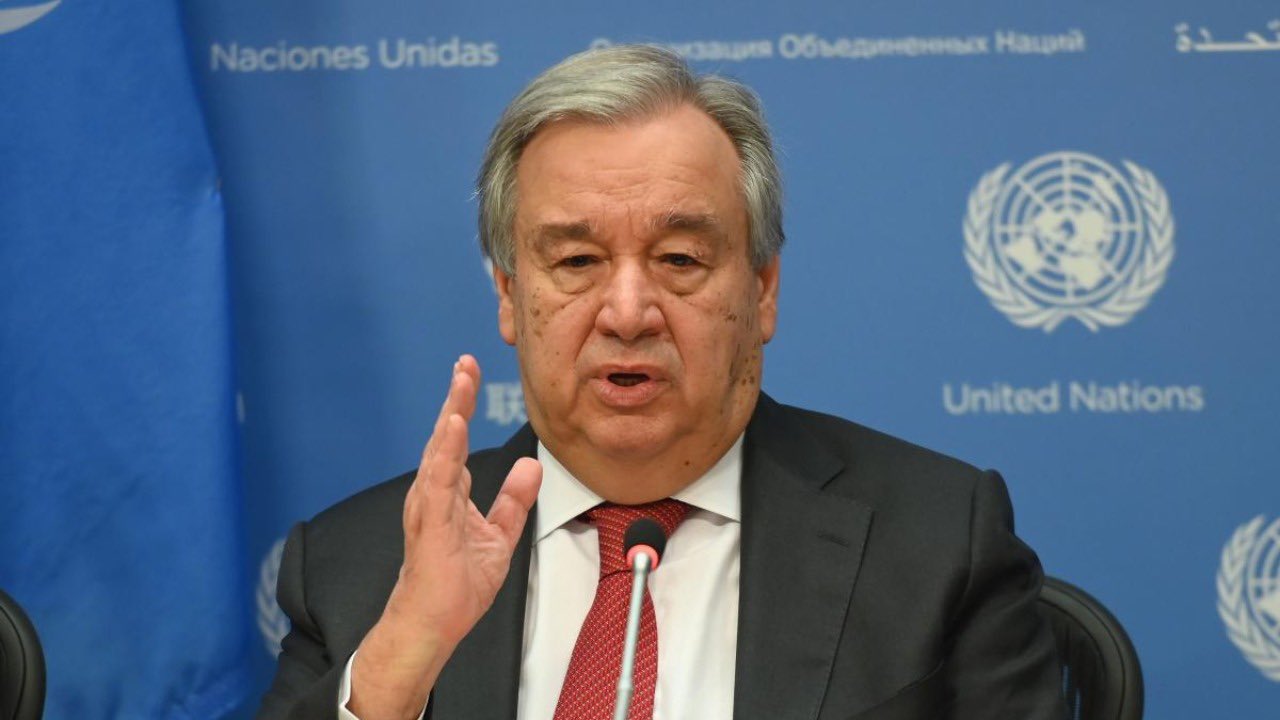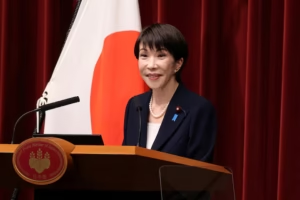
The death toll from the catastrophic earthquake that hit Turkey and Syria has climbed over 35,000 as UN aid officials push for more aid access to rebel-controlled north-western Syria, where only one crossing from Turkey is open.
As search and rescue teams began winding down their work on Monday amid diminishing prospects of recovering people alive from the rubble, the focus turned to the humanitarian situation in Syria where, according to some estimates, millions of people are homeless through a combination of the earthquake and the long-running civil war.
At the centre of the issues compounding the crisis in rebel-controlled Idlib are the complicated arrangements for humanitarian deliveries to the Syrian region which operate under a mandate from the UN security council through the Bab al-Hawa border crossing.
There has long been pressure to open other crossings to reach Idlib, but such moves have been vetoed by Russia and China who claim it undermines the sovereignty of the Bashar al-Assad regime in Damascus.
The UN secretary general, António Guterres, was urging the security council to authorise the opening of new cross-border aid points between Turkey and Syria, but it was unclear whether that would overcome past objections.
Before a security council meeting on the crisis, however, diplomats said no draft resolution had yet been circulated.
Further complicating the issue since the earthquake has been the refusal of the hardline Hayat al-Tahjr al-Sham group to receive aid sent via Damascus, despite warnings that survivors living outdoors in winter conditions are facing a secondary catastrophe.
Officials and medics said on Monday that 31,643 people had died in Turkey and 3,581 in Syria from the 7.8-magnitude tremor a week ago, bringing the confirmed total to 35,224.
Underling the scale of the crisis, the UN’s head of emergency relief, Martin Griffiths, acknowledged that humanitarian efforts to Syria were failing.
“We have so far failed the people in north-west Syria. They rightly feel abandoned. Looking for international help that hasn’t arrived,” he said in a tweet on Sunday before a visit to Damascus.
“My duty and our obligation is to correct this failure as fast as we can. That’s my focus now,” he added during a visit to the border area.
Speaking separately to Sky News, he said: “We are also looking for authorisation from the security council to open up a couple of extra crossing points to maximise the volume of supplies we get through to the people of the north-west.
“Frankly it’s an open and shut case on humanitarian terms, why we need those extra crossing points now to save lives and to provide some sort of assistance to the people as they come into the post-rescue phase.
“So I hope it’ll go through. I think we’ll find out in the next couple of days.”
So far only a few dozen trucks have crossed over Bab al-Hawa into north-west Syria carrying aid that had already been scheduled for delivery before the quake.
The director general of the World Health Organization met Assad in Damascus on Sunday and said the Syrian leader had voiced readiness for more aid border crossings.
“He was open to considering additional cross-border access points for this emergency,” Dr Tedros Adhanom Ghebreyesus told reporters.
He said the WHO was still waiting for approval from rebel-held areas before going in.
Agencies contributed to this reported have a small favour to ask. Tens of millions have placed their trust in the Guardian’s fearless journalism since we started publishing 200 years ago, turning to us in moments of crisis, uncertainty, solidarity and hope. More than 1.5 million supporters, from 180 countries, now power us financially – keeping us open to all, and fiercely independent.








